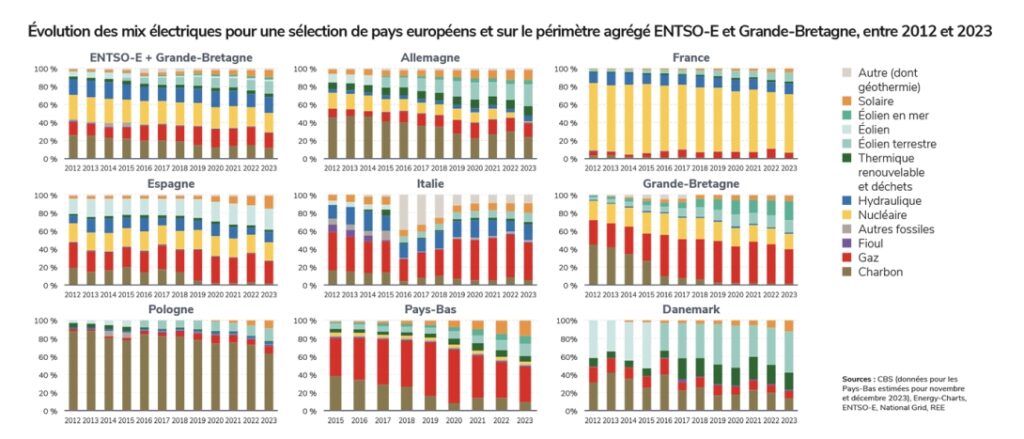Improve the existing infrastructure
To succeed in electrification in Europe, it is crucial to improve the existing infrastructure. This includes upgrading and modernizing the current electrical networks so that they can handle the integration of renewable energy sources. The OSMOSE project has demonstrated the need for new technologies to increase the flexibility of European electrical systems, which is essential for better management of supply and demand.
Furthermore, the expansion and digitization of the networks must be a priority. The European Commission has emphasized the importance of massively investing in these sectors, with an action plan contemplating investments of around 584 billion euros between 2020 and 2030. This would not only create a more robust network but also leverage technological innovations for more efficient and secure management.
Facilitate the integration of renewable energies
The integration of renewable energies requires significant adaptations of the European electrical network. The REpower EU plan proposed in 2022 aims to reduce Europe’s dependence on imported fossil fuels, particularly Russian gas and oil. The goal is to shift towards decarbonized production by 2027, which requires accelerating the deployment of electrical networks and improving their capacity to accommodate renewable energies.
Ensure supply security
To guarantee supply security, several avenues can be explored. One of them is establishing European coalitions to strengthen cooperation among member states. These coalitions would aim to stabilize the market by harmonizing regulations and facilitating cross-border electricity exchanges. Moreover, it is essential to proactively steer electrification in order to create value for territories while increasing the competitiveness of businesses. This includes supporting local projects that contribute to energy self-sufficiency.
Pour en savoir plus sur l'#électrification des poids lourds en France ?? et l'étude réalisée, c'est ici ? https://t.co/ncEhgrjr5o
— TotalEnergies France (@TotalEnergiesFR) March 15, 2024
“`
Articles similaires
Thank you!
We will contact you soon.














